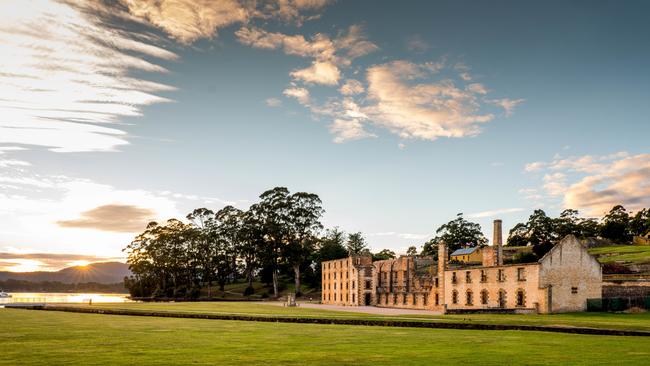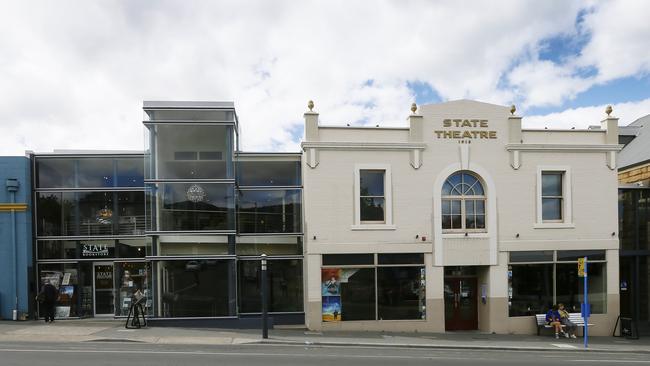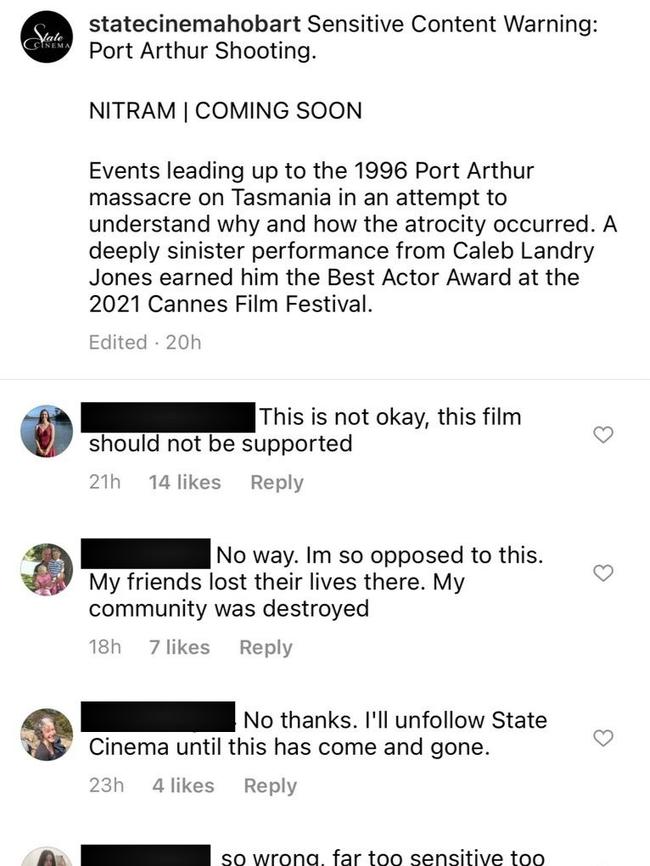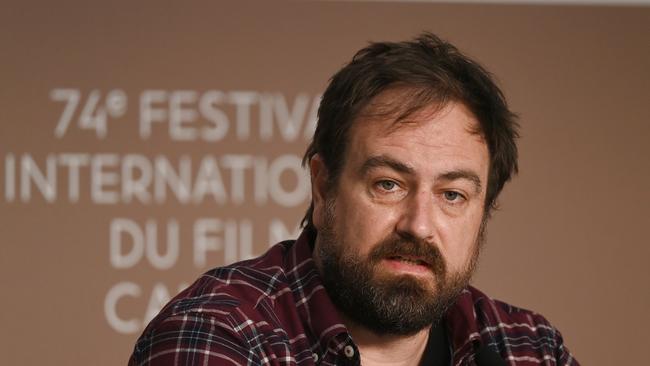Controversial Port Arthur gunman film Nitram to screen at State Cinema, prompting backlash
The government says a Hobart cinema’s choice to screen a controversial film based on the Port Arthur gunman is a “matter for them”. LATEST >>
Hobart & South
Don't miss out on the headlines from Hobart & South. Followed categories will be added to My News.
The Tasmanian government says what the State Cinema chooses to screen is “a matter for them”, after it was announced a controversial film based on the life of the Port Arthur gunman would be shown there later this year.
Nitram, directed by Justin Kurzel, will begin screening at the popular North Hobart cinema from September 30.
The film generated buzz at the prestigious Cannes Film Festival earlier this month, with Caleb Landry Jones picking up the best actor award for playing the lead role and the film being a contender for the festival’s highest prize: the Palme d’Or.

In a since-deleted Instagram post, the State Cinema said on Monday that it intended to screen Nitram, prompting a string of comments expressing outrage at the decision, and some showing excitement at having the opportunity to see the film.
A state government spokesman said neither the government nor Screen Tasmania had any involvement in the making of the film.
“What the State Cinema chooses to screen is a matter for them,” the spokesman said.
“However, Tasmanians continue to be deeply impacted by this event (the Port Arthur massacre), especially survivors and victims’ families, and conversations about this film are likely to be difficult and traumatic for many.”

The State Cinema has been contacted for comment.
Nitram was filmed in Geelong and will be released through streaming service Stan.
It also stars Judy Davis, Anthony LaPaglia and Essie Davis and will screen at the Melbourne International Film Festival next week.
‘So wrong’: Port Arthur film’s Hobart screening sparks outrage
The State Cinema is facing a backlash after announcing its intention to screen a controversial film based on the life of the Port Arthur massacre gunman.
Nitram, which was filmed last year in Geelong and directed by Justin Kurzel, will be showing at the popular North Hobart cinema from September 30.
The film, starring Caleb Landry Jones, Judy Davis and Essie Davis, received a standing ovation at the prestigious Cannes Film Festival earlier this month, with Landry Jones picking up the festival’s best actor award for playing the titular role.
But the 1996 tragedy, which claimed 35 lives, is still remarkably raw for many Tasmanians, particularly those living on the Tasman Peninsula. The existence of Kurzel’s film has been met with outrage in the island state, with Premier Peter Gutwein last year saying it made him “highly uncomfortable”.

In a since deleted Instagram post, the State Cinema said on Monday that it would be screening Nitram, sparking condemnation from some of its followers.
“This is not okay, this film should not be supported,” one wrote.
Another commented: “No way. (I’m) so opposed to this. My friends lost their lives there. My community was destroyed.”
“I’ll unfollow State Cinema until this film has come and gone,” another person wrote.
Tasman mayor Kelly Spaulding said he wasn’t aware that the film was going to be screened in Hobart.
“That was entirely up to businesses whether they choose to (screen it),” he said. “And the fact that the movie is winning awards already obviously was going to change that sort of effect. But that’s very much up to individuals what they do there.”

Mr Spaulding said the extent to which local screenings of the film might impact his community would depend on how widely the State Cinema chose to advertise it.
“Obviously most people that are affected by it sort of shut off to it,” he said. “But the more advertising and the more awards this film wins … then that becomes harder because it’s in the media more often.”
The mayor said he didn’t want to be “drawn into the censorship debate”.
“Once a movie’s made like that, I can’t really stop it,” he said.

Kurzel, who lives in Tasmania, has described Nitram as an “anti-gun film” and said he had deliberately chosen not to depict the shootings on screen.
“We were interrogating each other all the time, going ‘is this the right way to do it?’ because we knew how sensitive it was,” he told the Nine newspapers this month.
The State Cinema has been contacted for comment.
robert.inglis@news.com.au



